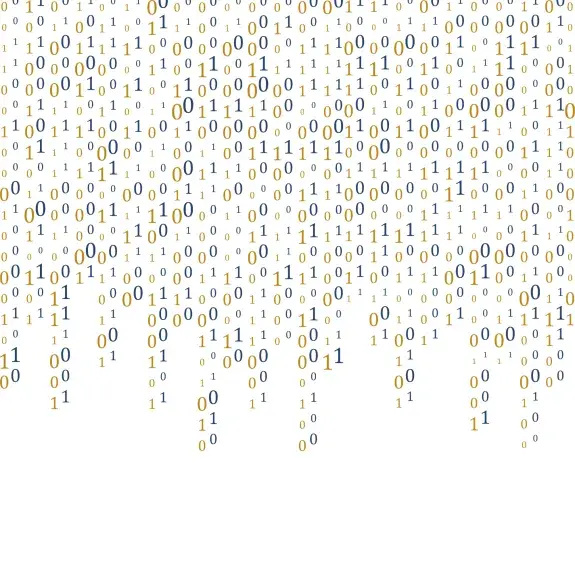Image de couverture

Séminaire
Séminaire Philmath
Nous aurons le plaisir de recevoir :
D. Wazek (Ecole Normale Supérieure)
Uninterpretable expressions and the history of formalism
Résumé : In his development of an algebra for logic (1847, 1854), George Boole defended the use of “uninterpretable” symbolic expressions in the intermediate steps of his computations, a position sometimes read as an early kind of formalism (Detlefsen 2008). This talk offers a reassessment, both of Boole's algebraic practice and of his philosophy of algebra. I argue that Boole's practice, whose mathematical roots lay in “algebraic analysis” (Fraser 1989; Ferraro and Panza 2003), involved not just the compositional assignment of semantic values to expressions that is often projected onto his texts by modern readers, but also noncompositional semantic assignments via a normal-form reduction, as well as procedures of interpretation that go beyond any assignment of semantic values. At stake is less the manipulation of meaningless signs than the struggle to articulate the idea that the meaning of an expression can sometimes only be fixed indirectly, by way of the expression's position in a broader formal system—a theme that would later reemerge, under a different guise, in Hilbert. Drawing on manuscript evidence, I then examine Boole's late efforts, in response to Jevons, to show that his methods could in principle be rewritten without (compositionally) uninterpretable steps, and reconstruct his philosophical efforts to defend such steps: I show that Boole, far from taking an instrumentalist line with respect to meaningless signs, instead relied on Whewell's philosophy of science and offered what is essentially a transcendental justification, in a Kantian sense, of the freedom of symbolic manipulations as a condition of possibility of algebra's general methods
Résumé : In his development of an algebra for logic (1847, 1854), George Boole defended the use of “uninterpretable” symbolic expressions in the intermediate steps of his computations, a position sometimes read as an early kind of formalism (Detlefsen 2008). This talk offers a reassessment, both of Boole's algebraic practice and of his philosophy of algebra. I argue that Boole's practice, whose mathematical roots lay in “algebraic analysis” (Fraser 1989; Ferraro and Panza 2003), involved not just the compositional assignment of semantic values to expressions that is often projected onto his texts by modern readers, but also noncompositional semantic assignments via a normal-form reduction, as well as procedures of interpretation that go beyond any assignment of semantic values. At stake is less the manipulation of meaningless signs than the struggle to articulate the idea that the meaning of an expression can sometimes only be fixed indirectly, by way of the expression's position in a broader formal system—a theme that would later reemerge, under a different guise, in Hilbert. Drawing on manuscript evidence, I then examine Boole's late efforts, in response to Jevons, to show that his methods could in principle be rewritten without (compositionally) uninterpretable steps, and reconstruct his philosophical efforts to defend such steps: I show that Boole, far from taking an instrumentalist line with respect to meaningless signs, instead relied on Whewell's philosophy of science and offered what is essentially a transcendental justification, in a Kantian sense, of the freedom of symbolic manipulations as a condition of possibility of algebra's general methods